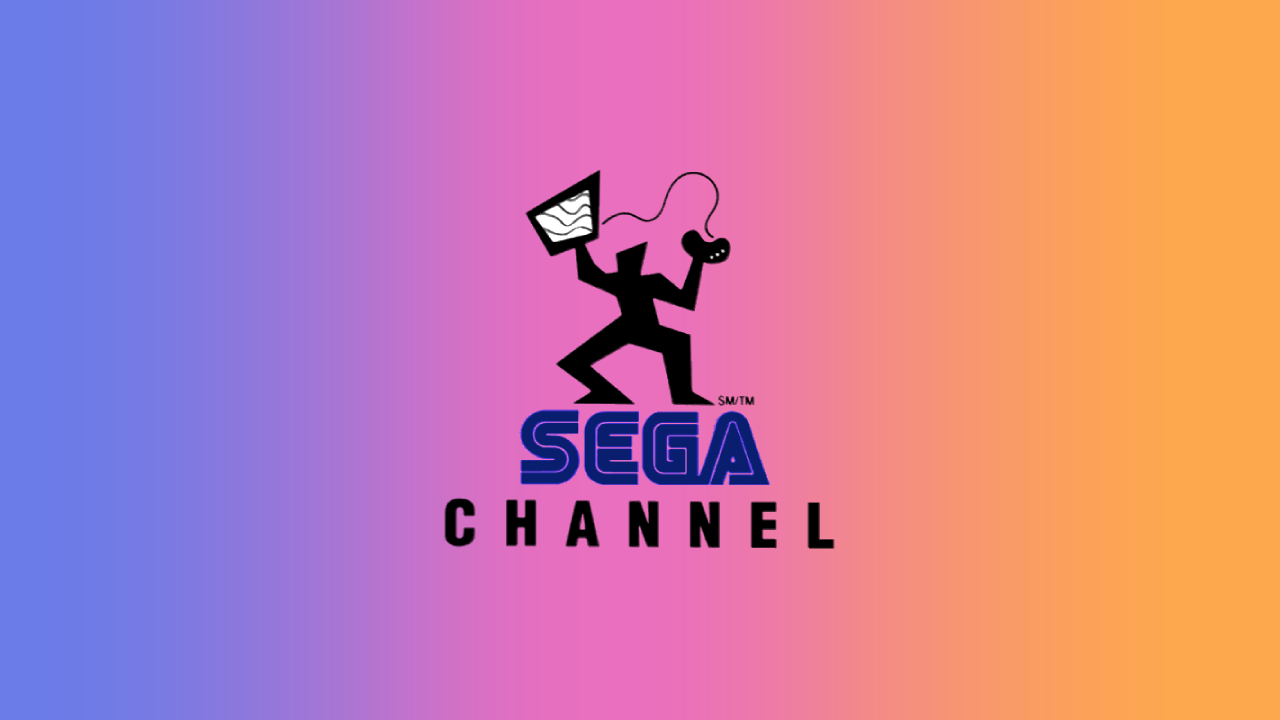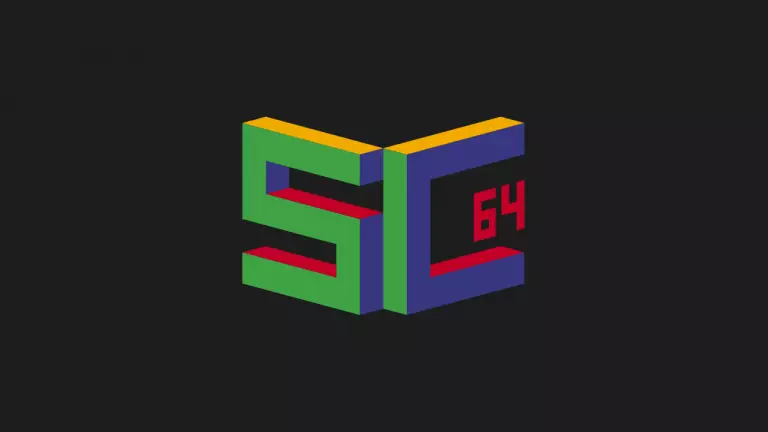Days Ago, the United States Copyright Office Announced They Will Not Grant the Exemption in the Digital Millennium Copyright Act
This decision delivers a severe blow to video game preservation. Years ago, the Video Game History Foundation, a non-profit organization dedicated to video game preservation, together with the Software Preservation Network, submitted a petition to allow libraries and archives to remotely share digital access to video games that are no longer available for purchase.
This initiative sought to enable researchers and specialists to remotely access digital copies of video games safeguarded in libraries and large archives, many of which are no longer accessible in the market. These specialists would have to be registered and identified; personal and in-person registration was even proposed to ensure responsibility and proper use of access to this software.
The United States Copyright Office Rejected the Request
Unfortunately, the United States Copyright Office did not approve the proposal and ruled in favor of organizations representing major corporations. Both the DVD Copy Control Association (DVD CCA) and the Entertainment Software Association (ESA) opposed the initiative from the outset. The ESA even declared that it would never support remote access to games for research purposes under any circumstances.
These organizations argued that removing the single-user limitation posed a significant risk that preserved video games would be used recreationally, which they believed could negatively affect the retro gaming market.
Ultimately, the U.S. Copyright Office succumbed to lobbying pressure, ruling in favor of these groups and reaching the following conclusion:
“After considering the evidence in the record, the comments of proponents and opponents of the exemptions, and the objectives of section 1201, the Register recommends that the Librarian of Congress exempt during the next three years certain classes of works, as described above, from the prohibition on circumventing technological measures that effectively control access to copyrighted works.”
You can read the full document at the following link; the previously mentioned conclusion can be read starting on page 29.
What Do Experts Think About This?
If we look at the opinions of companies specializing in video game re-releases, their perspectives refute the justifications offered by the opponents. Both Antstream and Limited Run Games supported the exemption proposed by the Video Game History Foundation and the Software Preservation Network. They even backed the request, stating that the main barriers to expanding the re-release market were commercial and logistical obstacles, and not competition from academic access. Unfortunately, the U.S. organization ultimately ignored the opinions of these experts.
The VGHF itself issued an official statement on its website and Twitter account, lamenting the organization’s decision and pointing out that this ruling keeps 87% of classic games inaccessible through legal means:
Unfortunately, the efforts of the copyright holders’ lobby continue to impede progress. During our hearing with the Copyright Office, the Entertainment Software Association (ESA) stated that it would never support remote access to games for research purposes under any condition. The absolutist position of the video game industry (a stance that ESA’s own members have refused to publicly support) forces researchers to explore extralegal methods to access the vast majority of discontinued video games that would otherwise be unavailable.
We’re not done fighting here. We will continue to advocate for increased access and legal permissions for video game preservation and work with members of the video game industry to raise internal awareness about these issues.
We encourage members of the video game industry who are disappointed by the Copyright Office’s decision to ask their leaders to push for stronger support for the work of libraries and archives within their industry groups.






